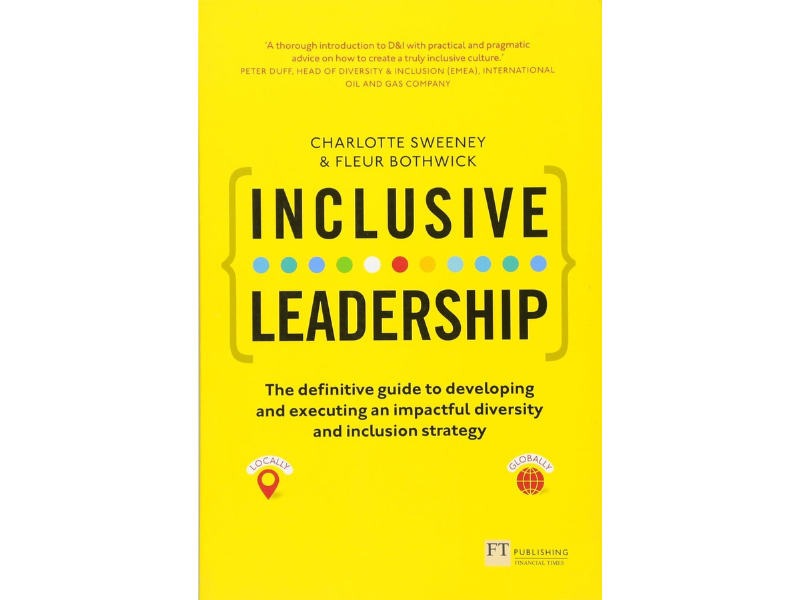My challenge to all of you who manage people is to ask yourself how much flexible working is going on in your team and if not a lot, why not?
As a leader, are you regularly asking your managers about rates of flexible working and how increasing those rates can drive improved performance?
Our job as leaders is to optimise the performance of individuals and the business. Flexible working (part-time, flexible hours, virtual working, job shares etc.) is a critical way to help deliver on that. Why? Because it is a powerful recruitment and retention tool. It drives greater resilience in teams and is a proven stimulus for productivity.
Managers can be the barrier
Managers can be afraid to have honest conversations with their people about what will work for them and the organisation, and general concerns about how something ‘untested’ could truly deliver business benefit.
If you feel uncomfortable about flexible working within your organisation, do you know why? Have you asked yourself:
- Am I using old or even second-hand stories about what didn’t work to confirm my prejudices about flexible working?
- What do I need to be confident enough about to try more flexible working? Is this about me or them?
- Do I raise the bar for people working flexibly and is this fair?
- Do I trust the people who work for me?
- How do I role model the value of working flexibly to my team? Or not?
- How am I really managing the performance and contribution in my team? How much does someone’s presence and ‘full-timeness’ feature? Why should this be important?
What prevents managers from embracing flexible working?
Given there are so many benefits to the performance of the business and its people, what is holding leaders and managers back from supporting flexible working in their organisation? Common fears include:
- The floodgates will open if I let one person do it
- Clients will hate it
- If I can’t see them they are not really working
- It creates work for me
- If the arrangement doesn’t work I’m stuck with it
Although the points above are rarely true (including that clients hate it) it is understandable that a new way of working can make managers apprehensive. So, for those managers who want to use flexible working as a powerful tool but are nervous about doing so, here is how to set you and your team up for success.
How do you make flexible working work?
Start with the premise that EVERYONE has the right to apply to work flexibly. I know that sounds scary but it takes the risk out of the decision-making for you because everyone is entitled to a fair and through review of their request. Keep your business hat on and consider if it will have at worst a neutral effect on the business. The reason they want flexible working is not at issue and this should be made clear. It stops them putting their effort into making a case for being sufficiently deserving and instead into thinking about how the work will be done and why it will deliver business benefit.
Figure it out together and keep talking
It’s also important that they recognise their role in figuring it out from a business and logistical perspective. it’s not all your burden as a leader, and you should both keep talking about the work. It also means you don’t need to bring all your value judgements to decide on the why.
Make flexible working inclusive
This approach will also open up flexible working to men and women of all ages and at all stages in their careers which is vital to ensure flexible working is not seen as exclusive to certain groups (e.g. women with children) and therefore an exclusive and unfair benefit – which makes only a marginal impact. Instead view flexible working as a business-based problem-solving tool to get your best people doing their best work.
Don’t worry about the ‘floodgates opening’
Some leaders may feel concerned that if they begin to offer flexible working options to their team, they will be deluged with requests and this will become unmanageable. There are a number of reasons why this is seldom the case. For starters, many people prefer to work in a structured way, from the office with fixed hours and don’t feel they would be more productive working in a flexible way. Others may be concerned that it could negatively impact their career – although in suitably forward thinking organisations this should not be the case. Even if others do ask about flexible working, is that such a bad thing? Provided regular conversations are happening, where the individual working flexibly recognises their role in making it work and communicating, and there is a clear business benefit, ask yourself why this should be limited to one or two members of your team.
Trial and error
Give flexible working a trial period. Have regular grown up conversations in that time and discuss any mutual concerns, talking about how the management of clients, colleagues, deadlines, etc. is going. Get the individual to talk it through with their teams and colleagues to address their issues. The trial period is a good time to establish how communication and access will work and ensure all are clear on that. If the trial period works well, then prioritise regular reviews, and make sure both you as a leader, and the person(s) working flexibly are open to experimentation and refinement.
All round benefits of flexible working
Making flexible working work in your team and your organisation will deliver a real source of competitive advantage and make you not only an attractive employer and brand, but a leader who talented people want to work for. What leader wouldn’t/shouldn’t want to make that happen?
Further insight and advice
I recently hosted a podcast with three successful female leaders who have been working flexibly for a number of years. Check it out to hear their advice and learnings for making flexible working work for you and your team.
About the author
Penny deValk is an expert on women’s leadership development and runs her own coaching and mentoring consultancy to help women achieve their leadership potential. She is an experienced Chief Executive and Non-Executive Director and has led the transformation of numerous leadership development and talent businesses over the last 20 years.
Check out https://pennydevalk.com/ for Penny’s latest blogs, podcasts, events, and resources, and to find out more about her coaching programmes.









